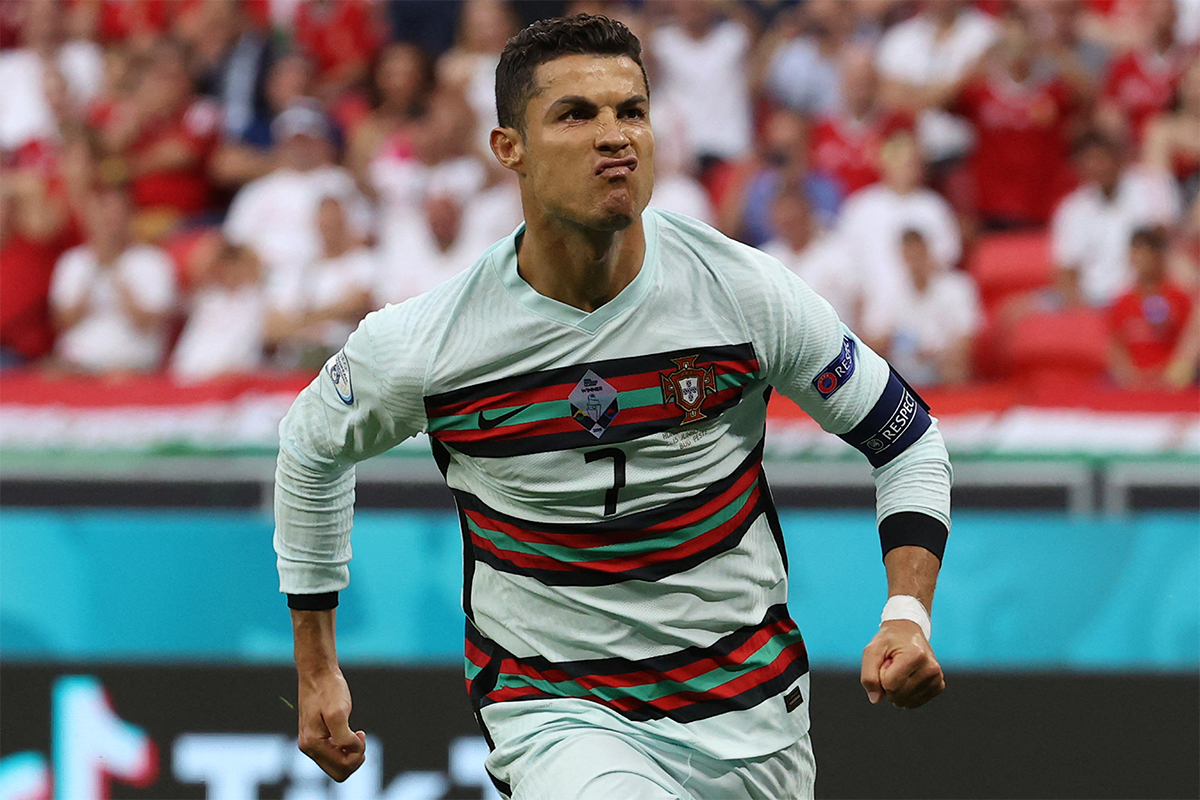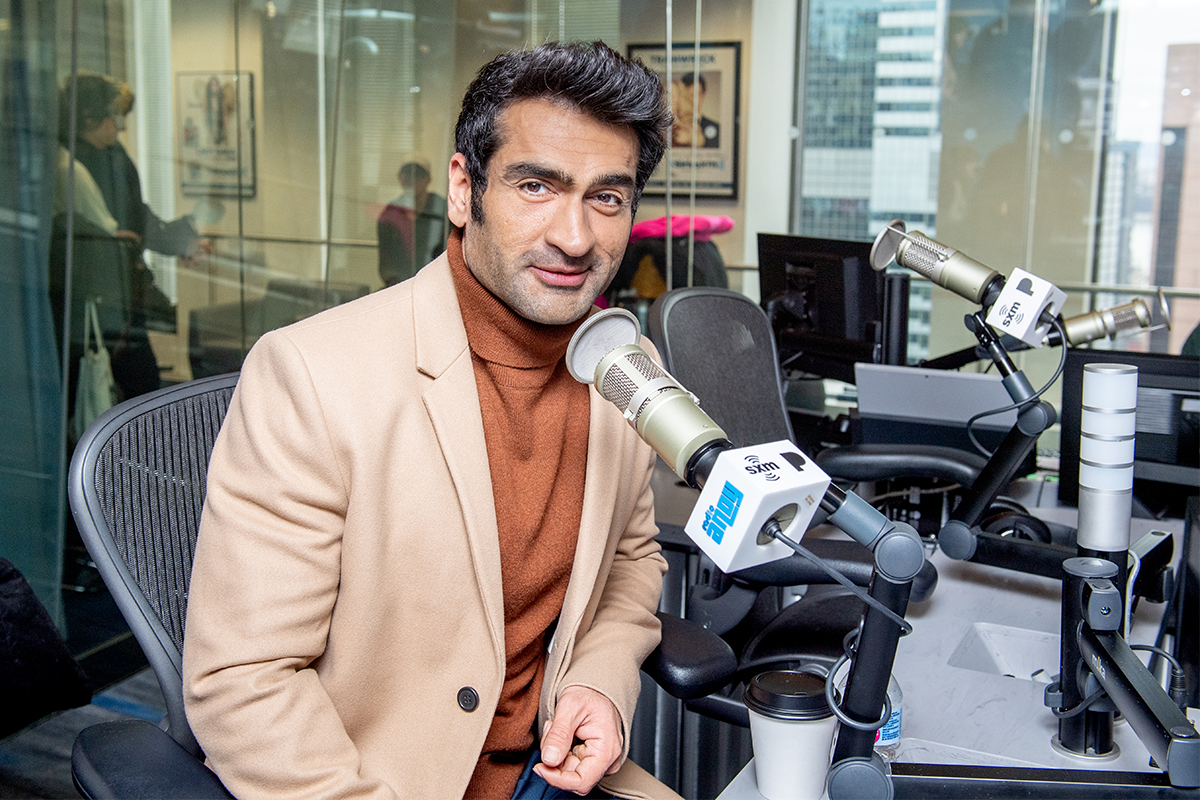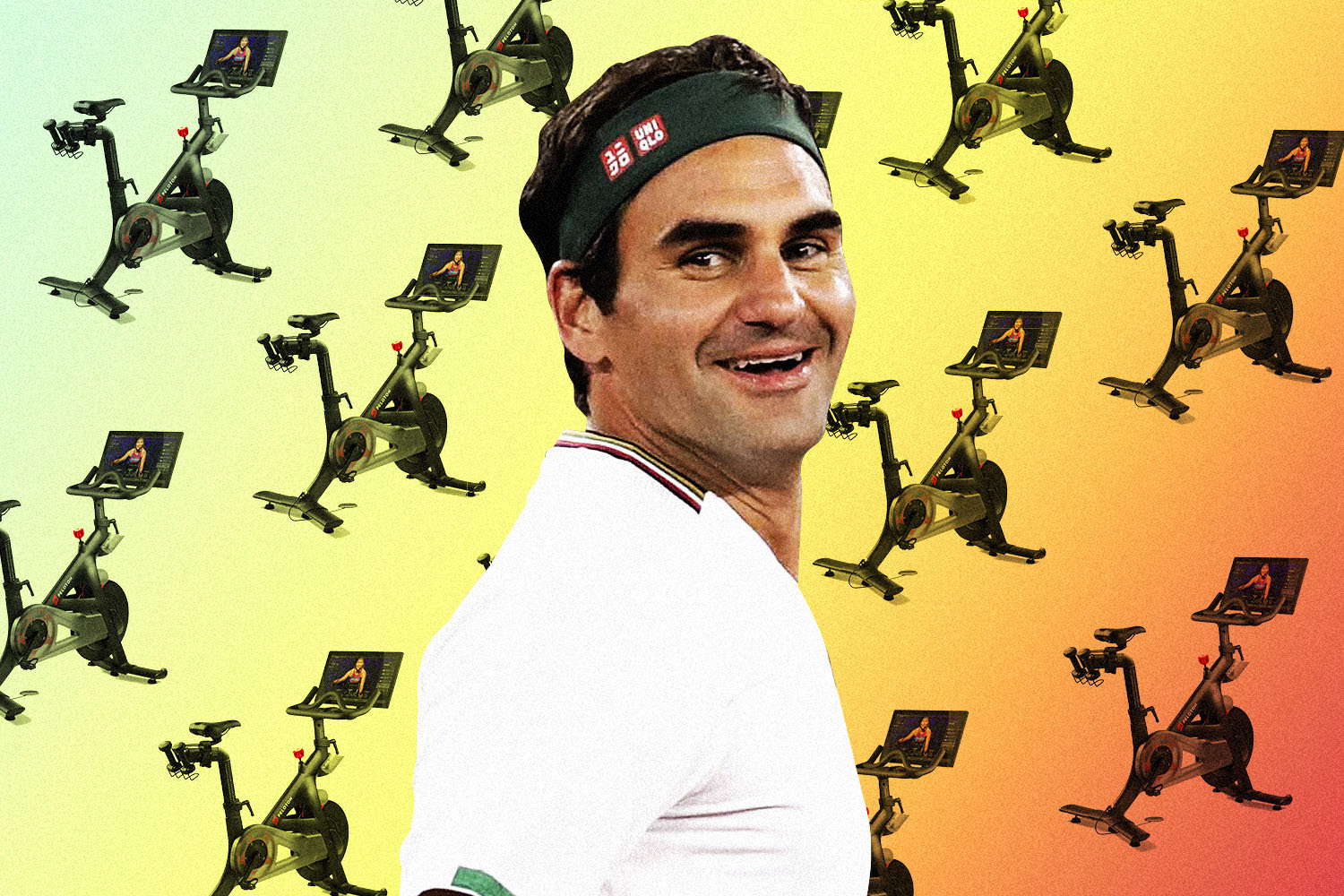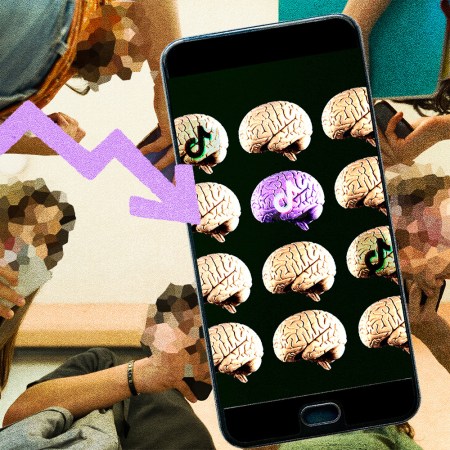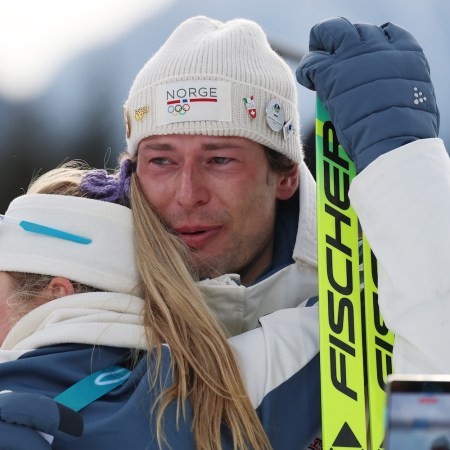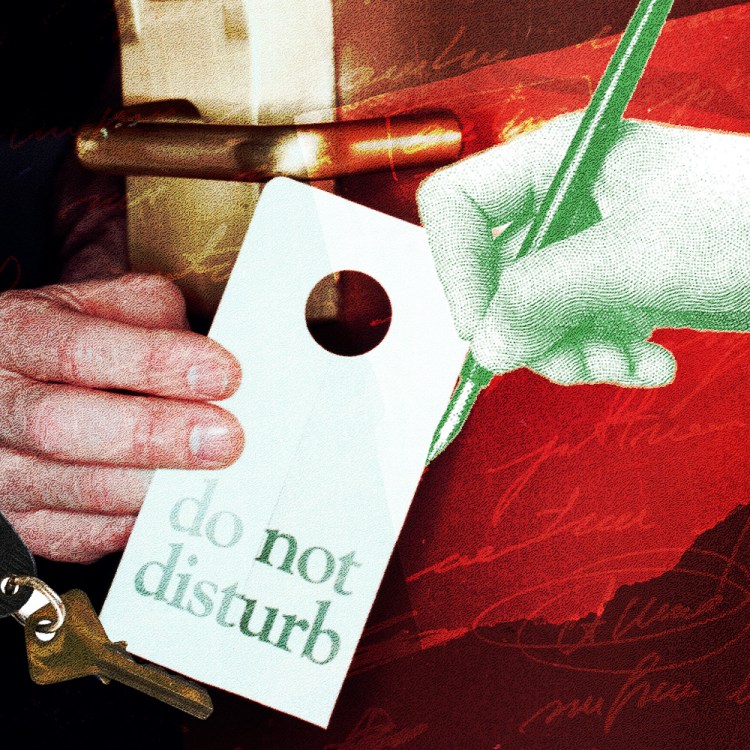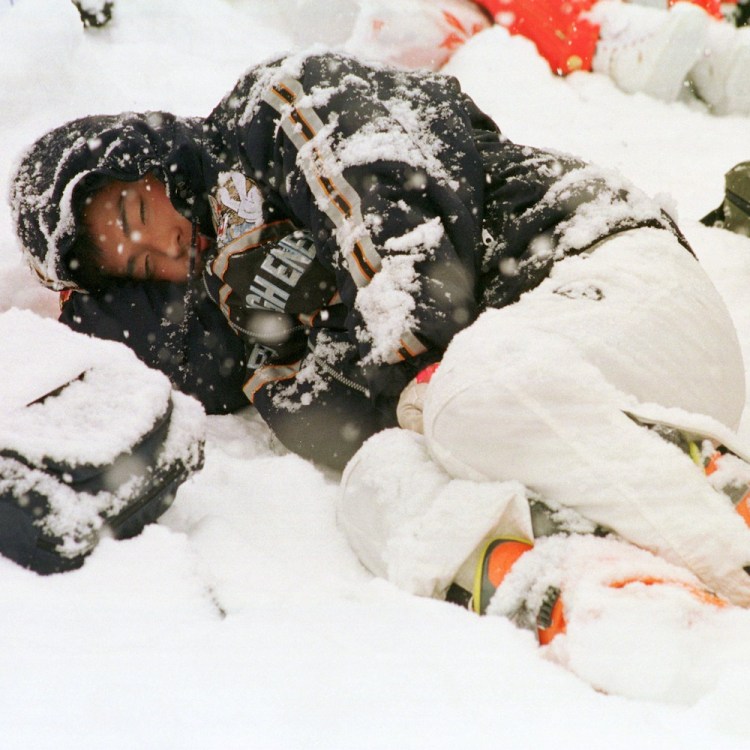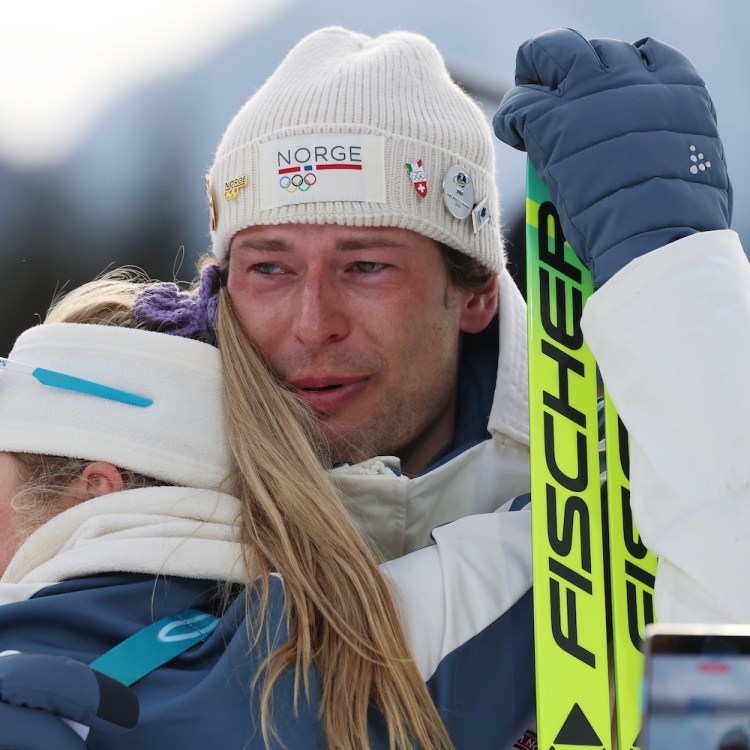Years ago, I was watching Dwayne Wade’s Snapchat story while he was on vacation in Madrid with his wife. One evening, apparently missing some American staples, the legendary shooting guard decided to pay a visit to Burger King. He posted a barrage of excited snaps: he’d ordered burgers, chicken fries, French fries, the works. Based on his excitement — and his at-the-time absurd body fat percentage of 3.5% — it was pretty clear that this was something he didn’t do every day.
And in a post the next morning, time-stamped to 5:00 a.m., with a heaving, horrified Wade working off all the previous night’s fatty feast in a hotel gym, I’d be surprised if he ever did it again.
The margin of error in the highest level of professional sports, and especially for its highest performers, is razor-thin. We hear wizened bards in ESPN’s 30 for 30 documentaries wax about players who used to drink, eat or gamble heavily in-season, as if it made their athletic achievements somehow more impressive. But these days, longevity is king. Still-going stars like Tom Brady, LeBron James and Roger Federer spend millions on their bodies each year. They prioritize vegetables. They go to sleep early. They master discipline and worship consistency.
Another ageless wonder, 36-year-old footballer Cristiano Ronaldo, is in the news today for rejecting Coca-Cola during a press conference yesterday. Ronaldo sat down to speak the media before Portugal’s 3-0 victory over Hungary in the UEFA Euros, and rather dramatically shoved a pair of glass Coke bottles to the side, instead lifting up a bottle of water to the camera and saying “Agua!”
That simple act, which got a laugh from the reporters in the room, sent Coca-Cola’s market share into free-fall. By this morning, the share price had dropped 1.6%, a $4 billion decrease in value. The X factor here? Ronaldo’s 299 million Instagram followers. The forward is the most influential tastemaker in the history of advertising.
In the 24 hours since the shove heard ’round the world, the internet has latched on to a variety of theories to explain why Ronaldo “hates” Coca-Cola. One of the most popular claims that years ago, Manchester United teammate Ryan Giggs confronted Ronaldo for showing up to a squad breakfast with a Coke in his hands. Giggs reportedly pushed him against the wall and said: “Don’t ever do that again!’” Other accounts imagine that Ronaldo prefers to drink Pepsi over Coke — even though he has never had a personal endorsement with Pepsi.
The truth, of course, is far simpler. Cristiano Ronaldo does not drink soda. There is absolutely zero reason for him to poison a body he works that hard on with a drink that has 37 grams of sugar. When we talk about the damning effects of a soda habit, we often speak in long-term terms — how it can contribute to obesity, type 2 diabetes, heart disease, tooth decay — but the immediate impact of drinking just one can is alarming in its own right. Within the hour: blood sugar levels increase dramatically (which releases insulin), sugar turns into fat and the brain’s neurotransmitters behave as if you’ve shot yourself up with heroin. The drink is a diuretic, and right around the time you’re peeing nutrients out of your body, you’ll start to feel irritable and sluggish.
In other words, not what you’d want before an international football match. The players obviously have no say in many of the partnerships their teams, leagues and competitions broker. (Coca-Cola has worked alongside the Euros for decades now.) For their part, a spokesperson from UEFA Euro 2020 said: ““Players are offered water, alongside Coca-Cola and Coca-Cola Zero Sugar, on arrival at our press conferences. [Everyone] is entitled to their drink preferences.” It would be very interesting to see how much Coca-Cola is eventually consumed by players. Best guess? The majority of empty bottles are being swigged down by reporters and crew.
Ronaldo is far from a perfect person, and far from a perfect representative in the world of marketing — we’ve covered that at length — but this is a promising moment for him. It’s astonishing that people need to be reminded that soda is debilitating death-water, but if a very-public rejection from a soccer superstar does the trick, then so be it.
For years now, unhealthy behemoths like Coca-Cola, McDonald’s (remember that Michael Jordan and Larry Bird commercial?) Budwesier and even Gatorade (a subsidiary product of Pepsi, and one of the most useless “recovery” drinks out there) have hitched their wagons to pro sports leagues, paying out hundreds of millions to appear as a reasonable lifestyle choice. But the truth is that these players, from Wade to Ronaldo, know that these products are their bodies’ literal worst enemies. Keep that in mind next time you reach for a Big Mac and a Coke.
The Charge will help you move better, think clearer and stay in the game longer. Subscribe to our wellness newsletter today.
